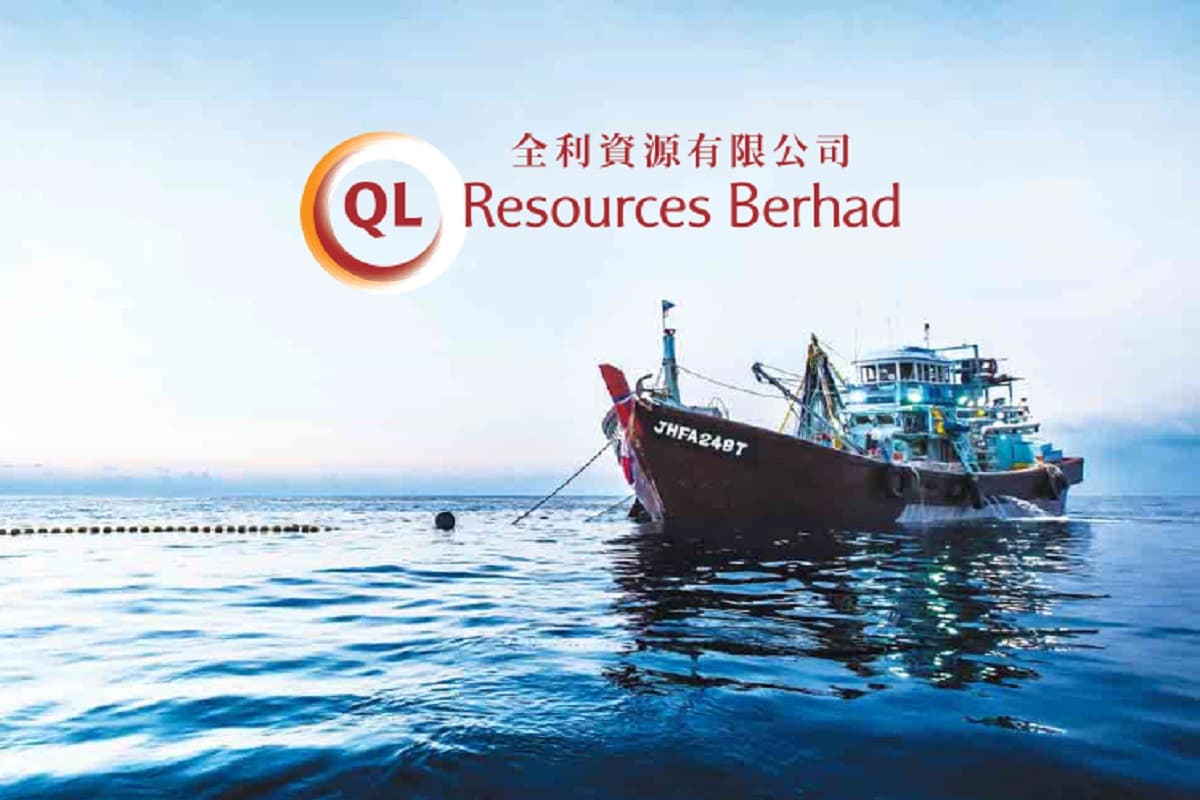
KUALA LUMPUR (Aug 20): High raw material cost and weak egg demand that is coupled with oversupply are pointing to a negative outlook for QL Resources Bhd’s integrated livestock farming (ILF) division in the current financial year ending March 31, 2022 (FY22).
In its 2021 Annual Report, QL highlighted that its ILF division is facing a challenging time ahead as it pointed out that egg prices in Peninsular Malaysia are expected to continue falling given the glut in the industry.
The low egg prices will be further compounded by the declining demand for eggs due to lower consumption as a result of the pandemic, said QL, whose share price has been on a decline since October last year.
The stock closed at RM5.61 at noon break today compared with RM6.70 in mid-October last year.
Meanwhile, raw material prices, which make up a big portion of its cost, are expected to remain at “extremely high” levels, putting pressure on its farming operations.
“QL’s trading business is a favourable mainstay but volume is anticipated to decline due to the pandemic while commodity prices are projected to be manageable.
"Overall, the challenges in ILF will be aplenty in FY22, giving this pillar an outlook that is negative,” it said in its annual report.
QL’s business consists of four segments, being ILF, marine products manufacturing (MPM), palm oil and clean energy (POCE) and convenience store chain (CVS).
ILF contributes the largest portion of revenue to the group, followed by MPM and POCE. Notably, the CVS segment is categorised under ILF.
For FY21, the ILF segment saw a 2.5% growth in sales to RM2.81 billion from RM2.74 billion a year ago. Profit before tax (PBT) for the segment was however lower at 23.3% for the year at RM85.2 million.
QL attributed the better revenue to the prudent capacity development exercise undertaken, responding to the volatile demand brought about by the Covid-19 pandemic.
The group’s revenue growth also came on the back of strong demand for eggs in Vietnam and the performance of the raw material trading division which saw commodities rising high during the financial year.
However, its ILF layer units in Malaysia and Indonesia were faced with muted demand, worsened by the pressure on egg prices. The group added that the disruption from the various stages of movement control order (MCO) in the country created more challenges for the segment, leading to a contraction for the segment’s PBT.
QL’s farms produce a total of six million eggs a day, 43 million day-old chicks and 18 million broilers per annum.
The group also shared that its new farm in Vietnam is seeing good progress and has contributed to the group’s target of collecting 1.3 million eggs per day from all its farms.
In Indonesia, its layer farms expanded their capacity to 900,000 eggs per day in FY21, up from the 800,000 reported in the previous year.
As a group, QL reported revenue of RM4.38 billion in FY21, up 5.5% from the previous year, while net profit grew 30% to RM311.91 million from RM239.36 million a year ago.
The group declared a total dividend of 3.5 sen per share for FY21.